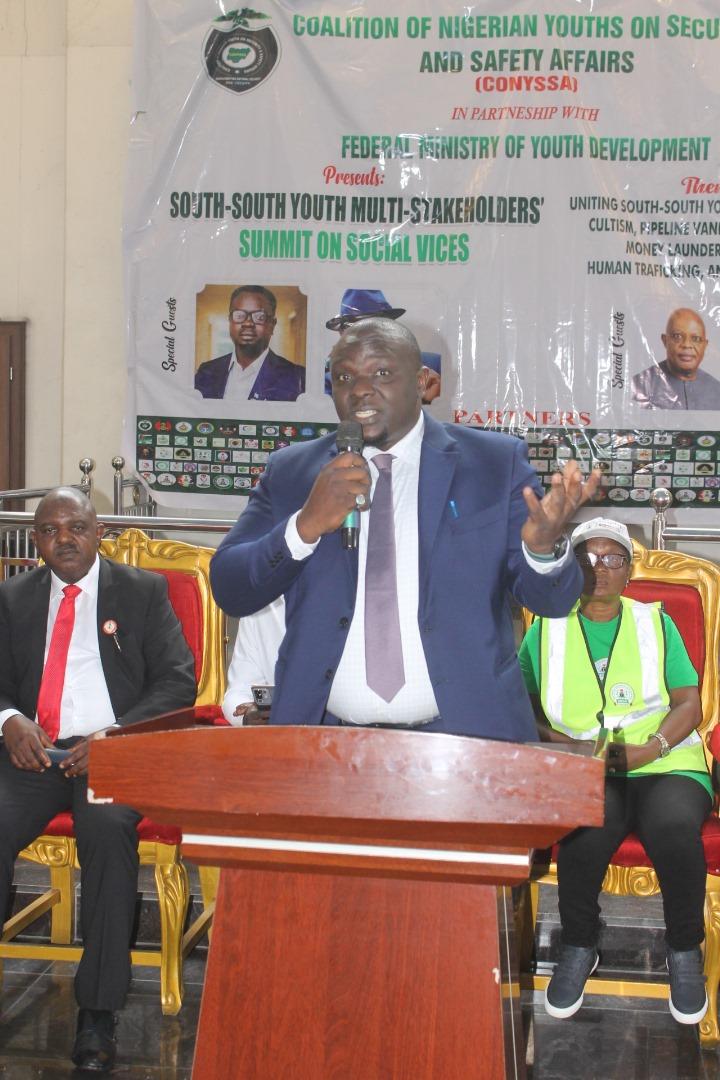The Federal Government has announced plans to transition the West African Examinations Council (WAEC) and National Examinations Council (NECO) to computer-based testing (CBT) from November 2025, in a bold move aimed at tackling examination malpractice across Nigeria’s education system.
Minister of Education, Dr. Tunji Alausa, disclosed this during an interview on Channels Television’s Morning Brief on Tuesday. He said the government’s renewed clampdown on exam fraud is beginning to pay off, especially in the case of the Unified Tertiary Matriculation Examination (UTME), where tighter security has made cheating nearly impossible.
Read also: Only 1.16% underage candidates hits JAMB 2025 benchmark
His comments come on the heels of widespread reactions to the 2025 UTME results released by the Joint Admissions and Matriculation Board (JAMB).
Out of 1,955,069 candidates who sat for the exam, only about 420,000 scored above 200—leaving more than 78 percent below the widely accepted benchmark.
“That’s a big concern, and it’s a reflection of exams being done the proper way,” Alausa stated.
“JAMB conducts its exam using a computer-based testing system. They’ve implemented strong security measures, and as a result, fraud or cheating has been completely eliminated. Unfortunately, we cannot say the same for WAEC and NECO.”
Alausa explained that the Ministry of Education had undertaken a comprehensive review of Nigeria’s examination systems since he assumed office, with a focus on reducing malpractice and restoring credibility to the process.
As part of the reforms, he revealed that WAEC and NECO would begin the CBT transition with objective questions in November 2025.
By the May/June 2026 examination cycle, all sections, including essay components, will be fully computer-based.
“We have to use technology to fight this fraud,” he said. “There are so many ‘miracle centres’, and that is simply unacceptable. People cheat during WAEC and NECO exams and then face JAMB, where cheating is nearly impossible. That’s the disparity we’re seeing now. It’s sad.”
The minister also expressed concern over the long-term effects of malpractice on the nation’s academic integrity and the morale of diligent students.
“The worst part of cheating is that it disincentivises the hard-working ones,” he said.
“If I’m preparing for WAEC or NECO and I know some classmates already have access to the questions, do you think I’ll still study hard? No, I’ll be tempted to join them. That’s how good students are corrupted, and that’s exactly what we must stop.”
Dr. Alausa reaffirmed the ministry’s commitment to using digital solutions to clean up the education sector, ensure fairness in national examinations, and encourage honest academic effort among Nigerian students.









